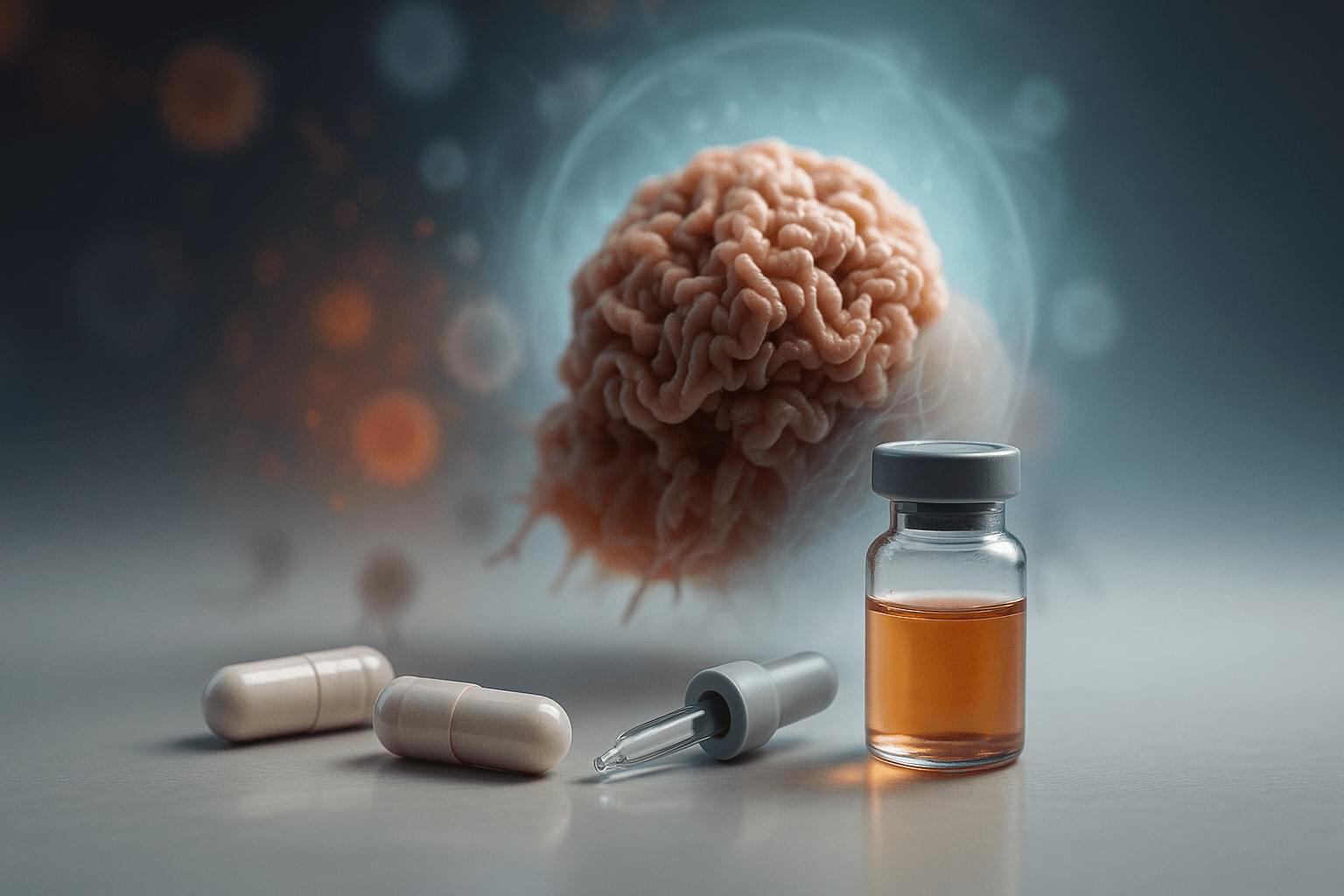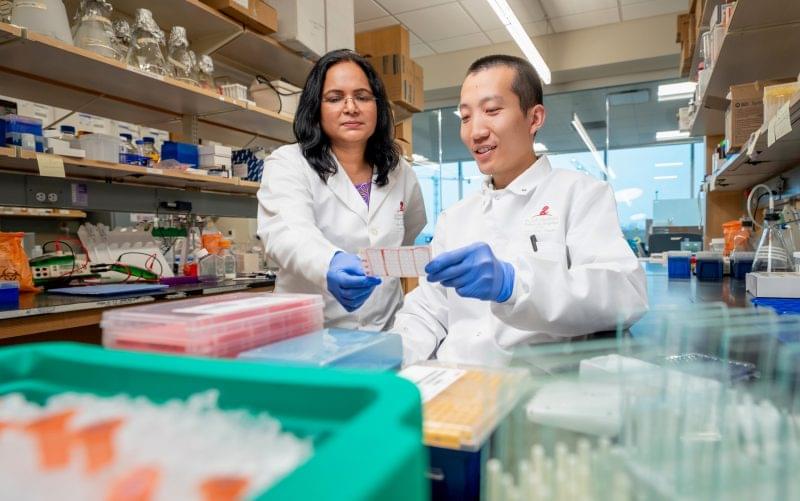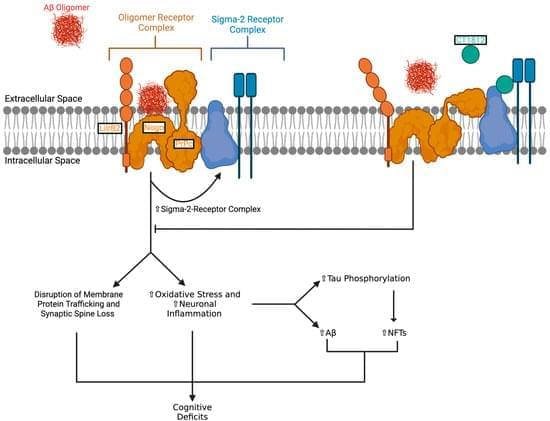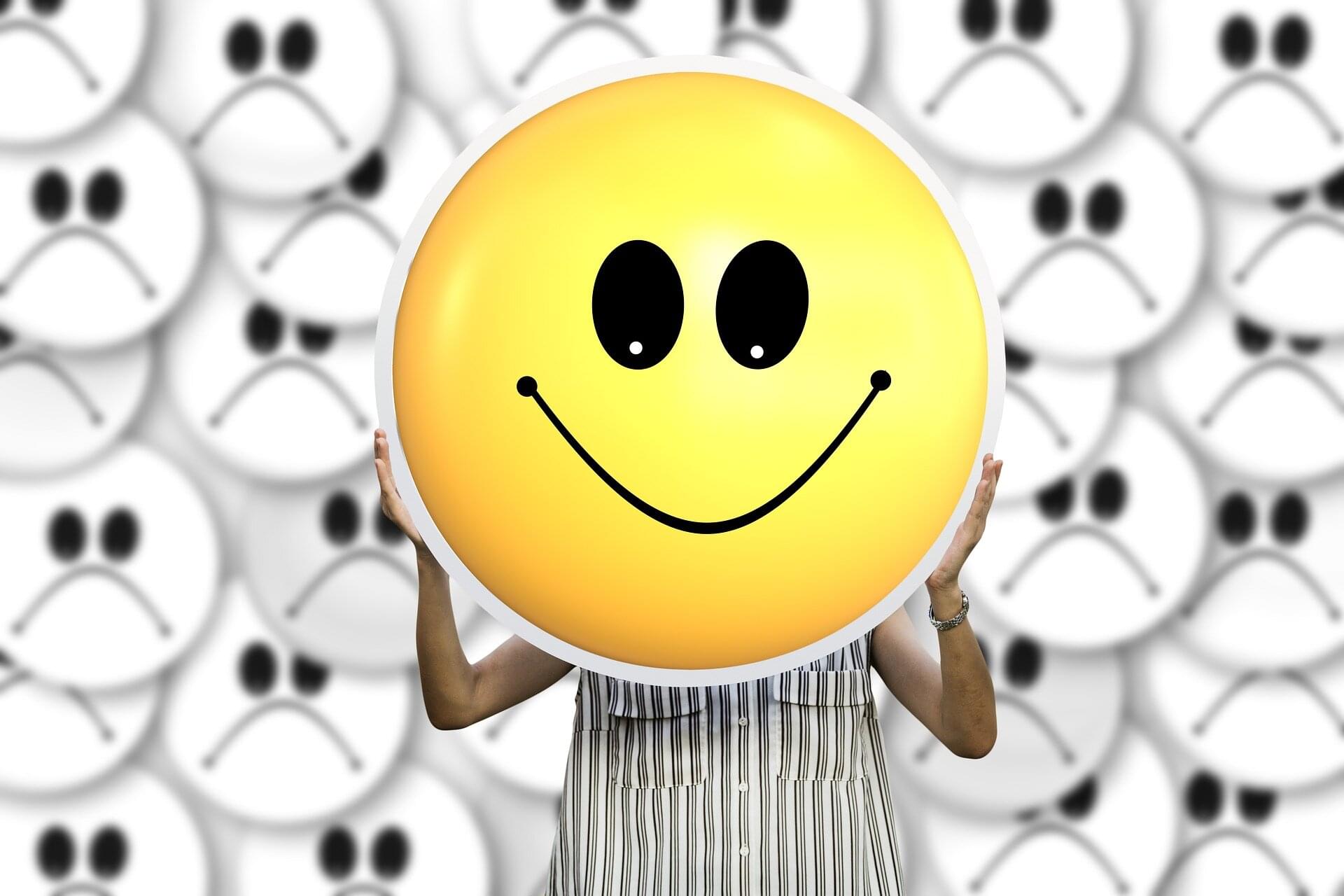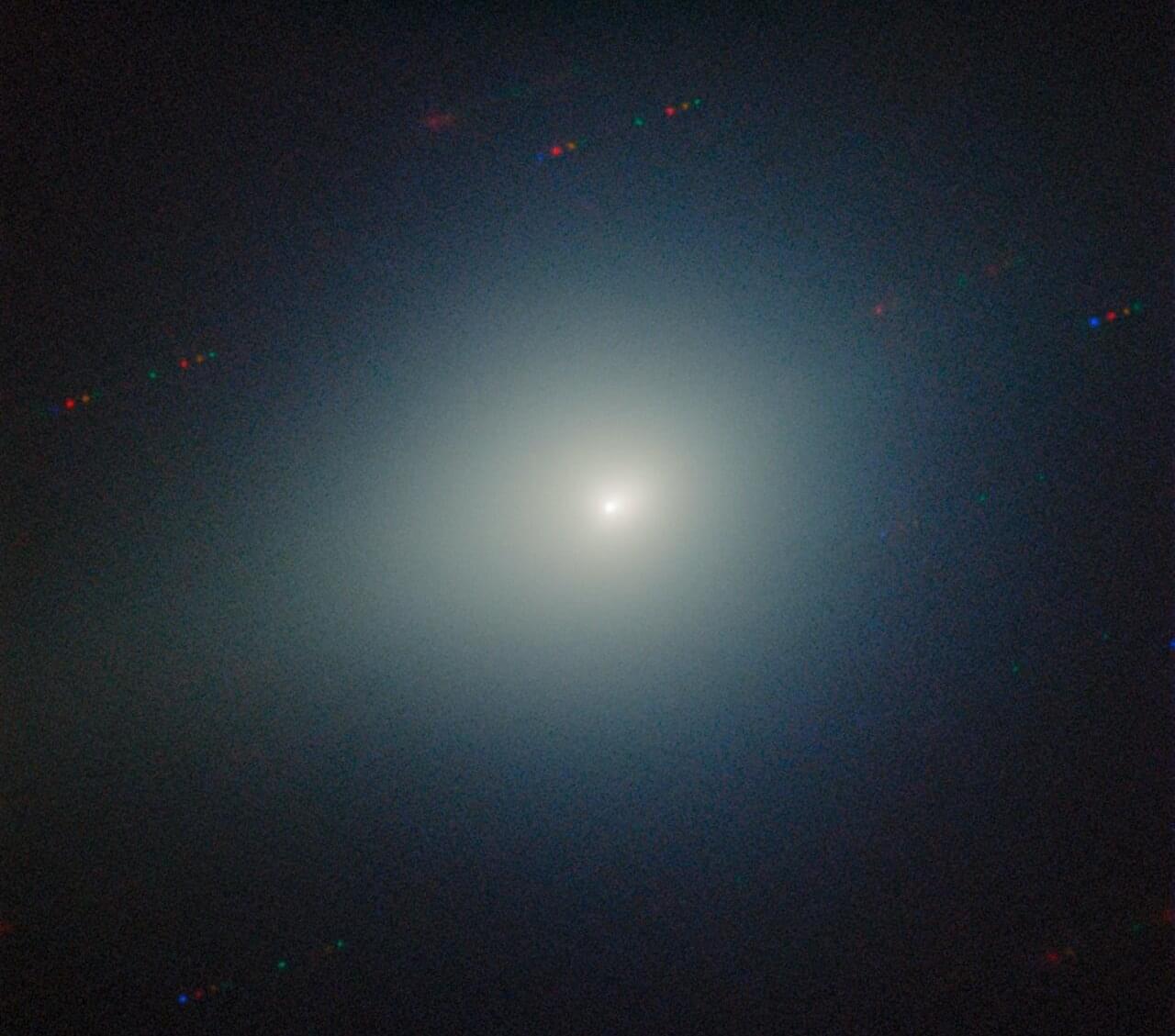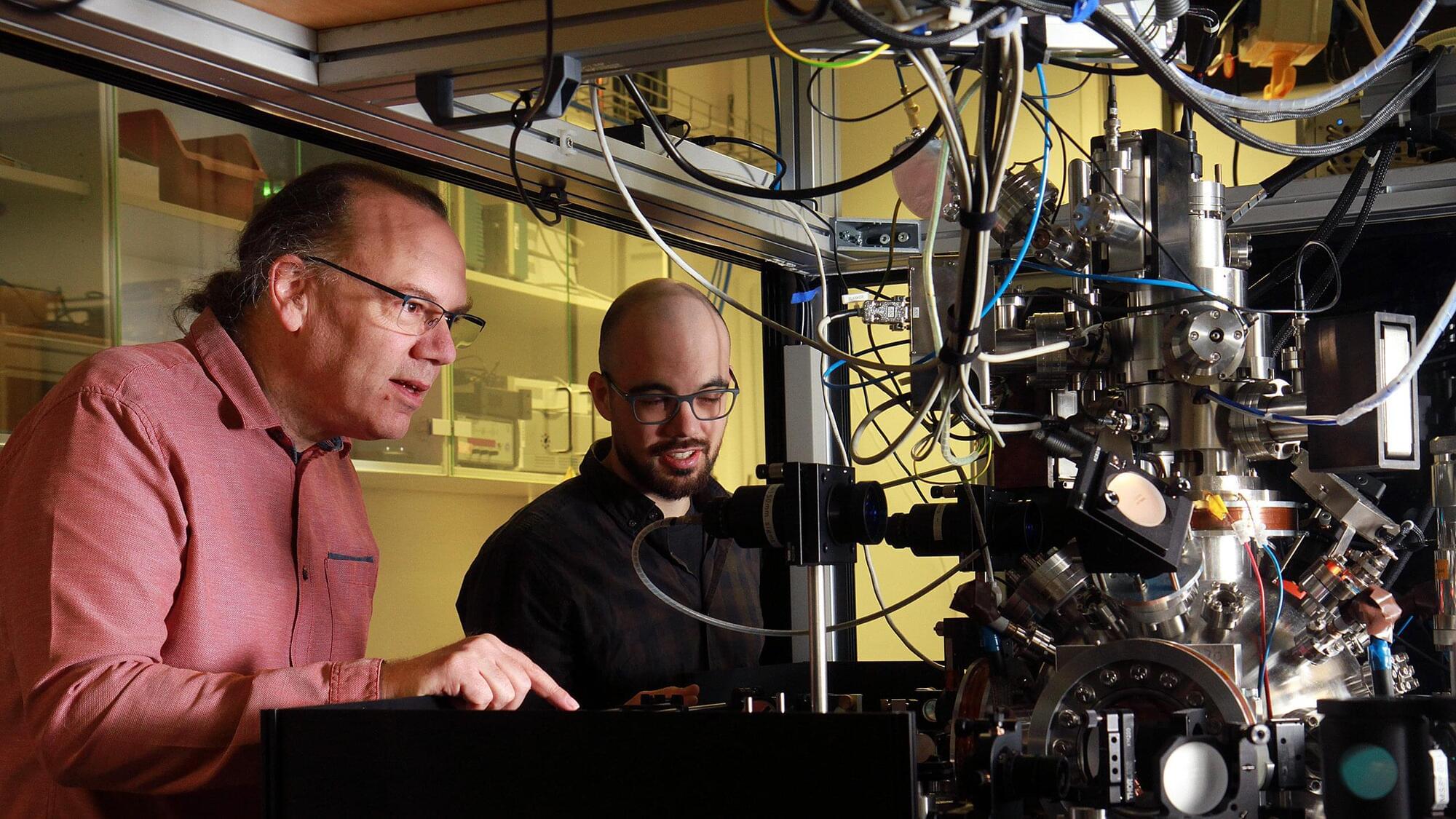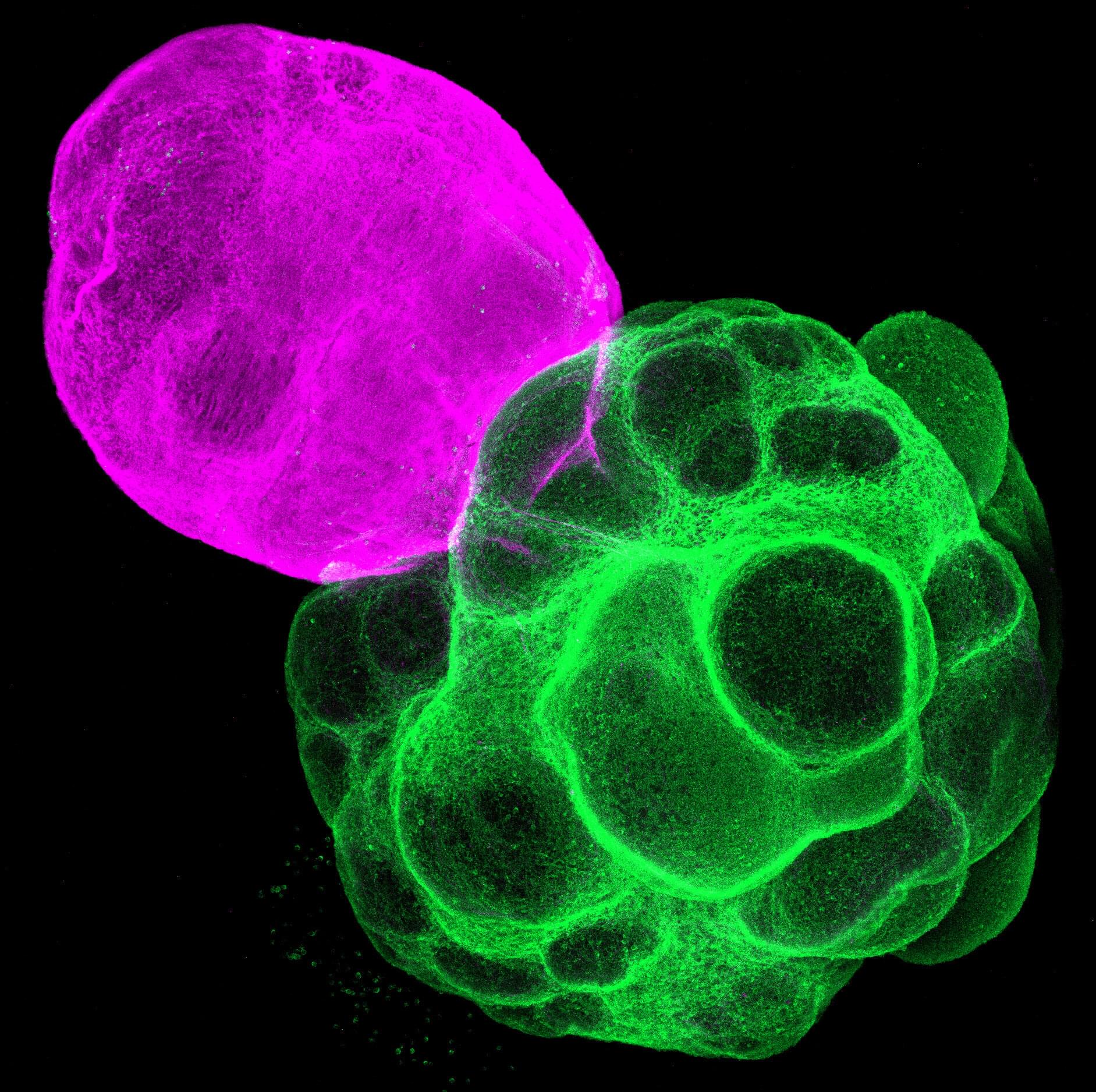Heat is one therapy to help damage and kill cancer cells, according to the National Cancer Institute. Steam offers a targeted way to deliver heat into the body, according to Abreu.
Before the procedure, physicians use magnetic resonance imaging (MRI) to locate the tumor cells in the patient’s prostate. During the procedure, doctors use an ultrasound and prostate mapping to guide a thin catheter through the patient’s urethra and into the area of the prostate where the tumor is located.
Once the catheter is positioned, a fine needle is deployed in the tumor. Doctors then release a quick, targeted 10-second burst of steam from the needle, and more bursts as needed, to destroy the tumor.
‘This procedure is thought to be much gentler on the body than traditional therapies and is designed to target the cancerous tissue within the prostate,’ said Abreu. ‘We are exploring if steam may be effective at destroying cancer cells without damaging the surrounding organs.’
B-roll video available for download below.

